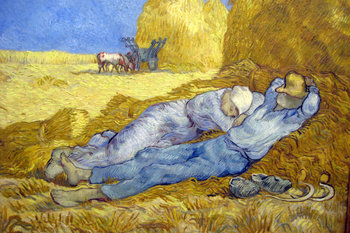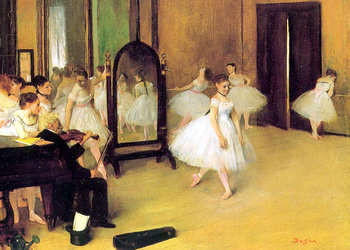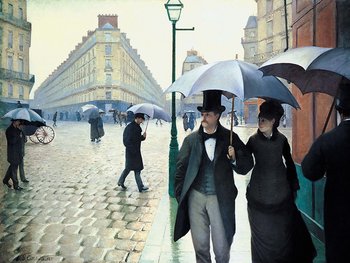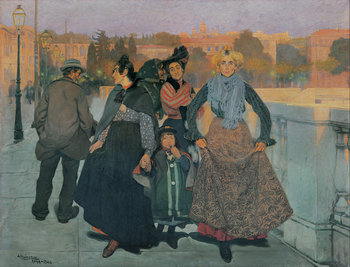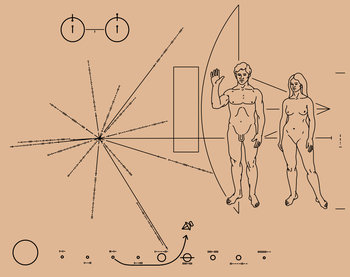
Etymology
The Venus effect is named for various paintings of the Roman goddess Venus looking into a mirror that demonstrate the effect. This can be seen in the example above, Diego Velazquez's Rokeby Venus, 1651.Purpose & Impact
The Venus effect is common in art and film. Viewers don't typically notice the Venus effect unless it is pointed out. The purpose is often to give the audience the sensation of looking in the mirror. In some cases, the mirror image may also be inaccurate. This is a common way to convey an allegory. This may be found in the much interpreted reflection in Titan's Venus with a Mirror, 1555.| Overview: Venus Effect | ||
Type | ||
Definition | A visual depiction of a mirror in which the mirror image points at the audience as opposed to accurately reflecting light. | |
Related Concepts | Art » | |








